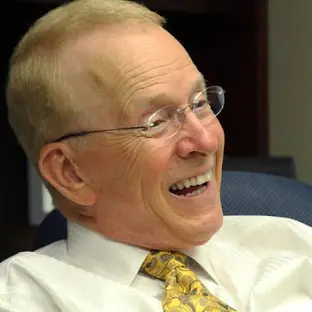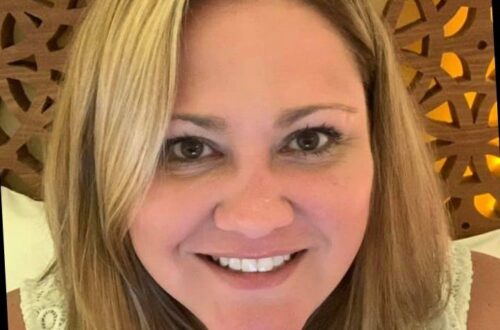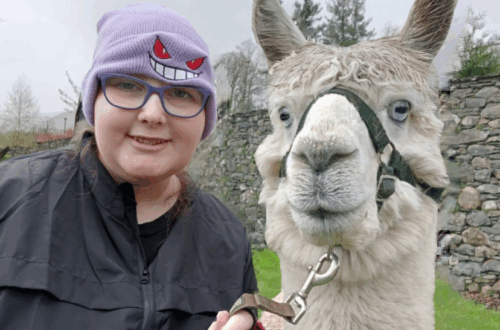Gary England, Trailblazing Oklahoma Meteorologist and Severe Weather Innovator, Dies at 85
OKLAHOMA CITY — Gary England, the pioneering meteorologist whose name became synonymous with Oklahoma’s volatile weather, died Tuesday evening, June 10, 2025. He was 85. England passed peacefully, surrounded by family, including his wife of 63 years, Mary, and their daughter, Molly.
A native son of Seiling, Oklahoma, England leaves behind a legacy that reshaped broadcast meteorology and set new standards for severe weather communication. Revered both locally and internationally, he was hailed as “Oklahoma’s Master Meteorologist” by NPR and dubbed “The Weather God of Oklahoma City” by The New York Times.
England’s career in meteorology spanned more than four decades, during which he kept viewers safe, informed, and calm in the face of some of the nation’s most destructive storms. He spent 41 years at KWTV News 9 in Oklahoma City, building trust with generations of Oklahomans who came to rely on his steady voice and groundbreaking weather alerts.
After serving three years in the U.S. Navy, England pursued a degree in mathematics and meteorology from the University of Oklahoma, setting the stage for a historic career. In 1981, he became the first person in the world to use commercial Doppler radar for direct-to-public tornado warnings. This innovation, implemented through Enterprise Electronics Corporation, transformed how the public received severe weather alerts and influenced broadcast meteorology worldwide.
His push for innovation didn’t stop there. In 1990, England introduced First Warning, an automated system that delivered severe weather alerts via on-screen maps—placing visual warnings in the corner of viewers’ screens during broadcasts. Just one year later, he developed StormTracker, a tool that projected storm paths and estimated arrival times, a model now used across the country.
In addition to his broadcasting and technological contributions, England authored four books, including his memoir Weathering the Storm. He appeared in more than 50 national and international programs on severe weather, and in 1996 made a cameo in Twister, the blockbuster film about storm chasers filmed in Oklahoma.
Among his many honors, England received three Emmy Awards and the prestigious Edward R. Murrow Award for Best in the Nation in breaking news and weather reporting. In 2013, he was inducted into the Oklahoma Hall of Fame, cementing his status as a state icon. A year earlier, his image was immortalized with a sculpted bust as part of the Oklahoma Centennial’s “100 Heroes and Outlaws” series, commemorating the state’s most influential figures.
England also played a key role in major scientific milestones. In 2006, he served as keynote speaker at the dedication of the National Weather Center in Norman, Oklahoma, recognizing his influence on the advancement of meteorological science and public safety.
Beyond the newsroom and radar screens, Gary England was a husband, father, and grandfather. He is survived by his wife, Mary, his daughter, Molly, and two granddaughters, Cassidy and Chloe. In a public statement, the family expressed deep sorrow, noting, “Gary was proud to have protected Oklahoma from its deadliest storms. He will be deeply and forever missed.”
A memorial service has not yet been announced. News 9, the station where England built his legendary career, said further tributes and coverage of his legacy will follow in the coming days.
In a region shaped by wind and weather, Gary England was more than a forecaster—he was a guardian and innovator, whose voice brought clarity amid chaos. His work saved lives, redefined his profession, and became part of Oklahoma’s cultural fabric.






